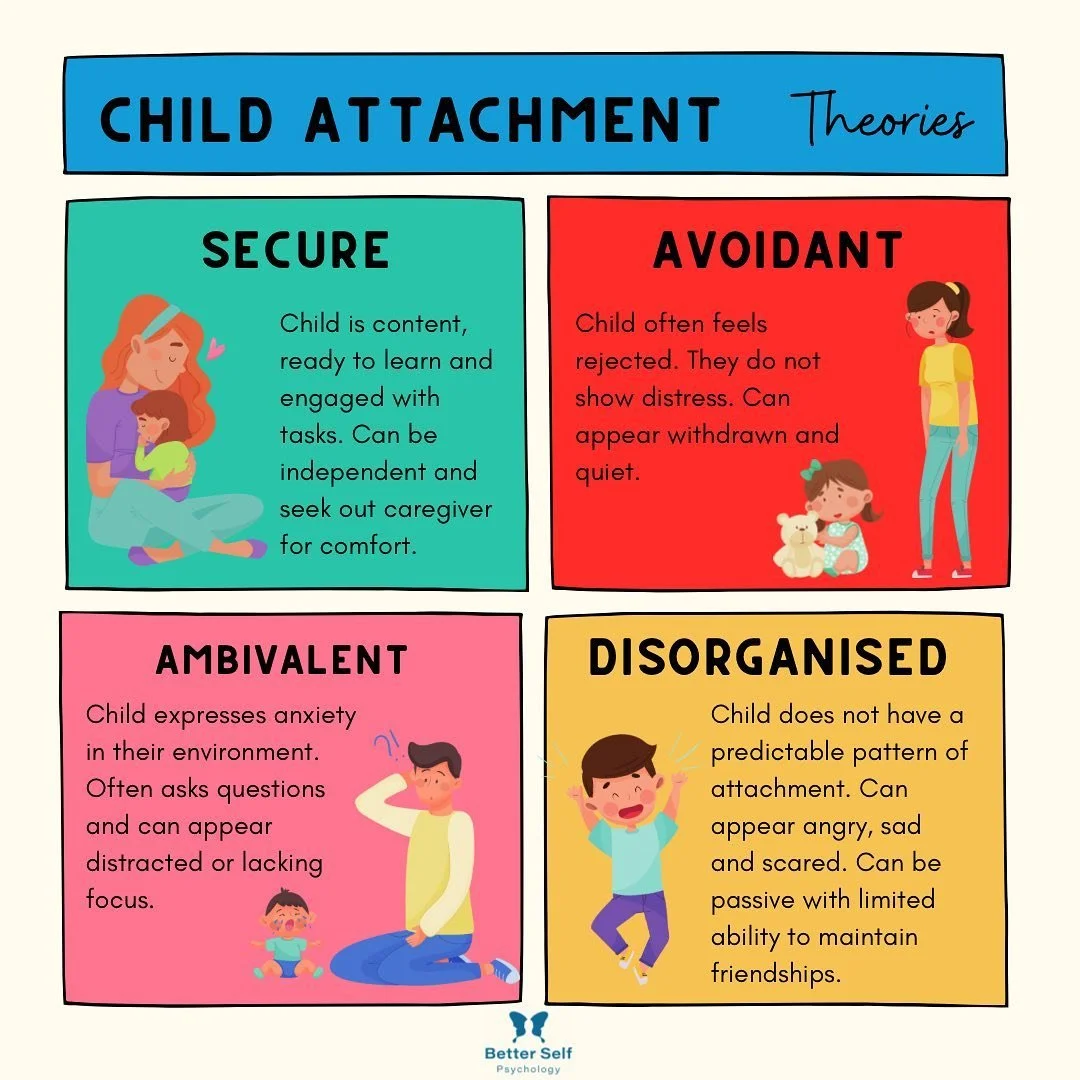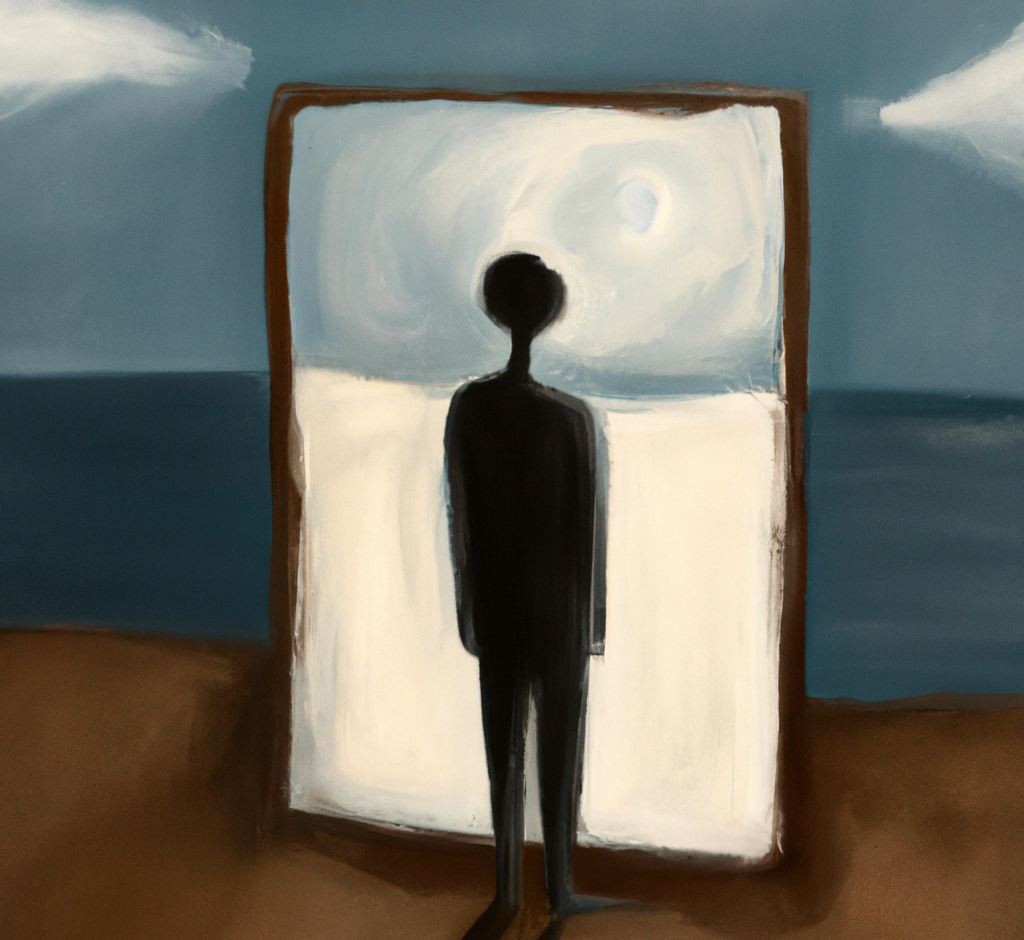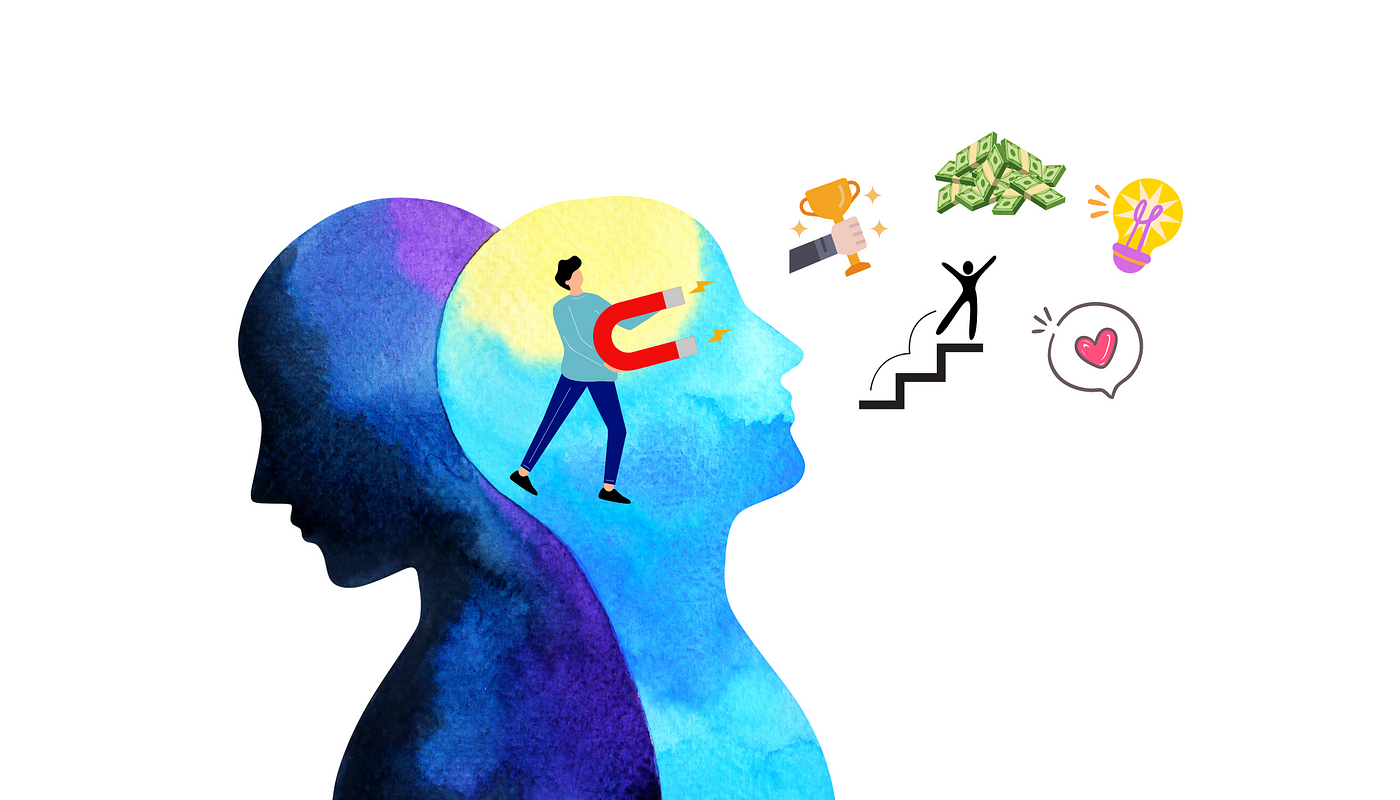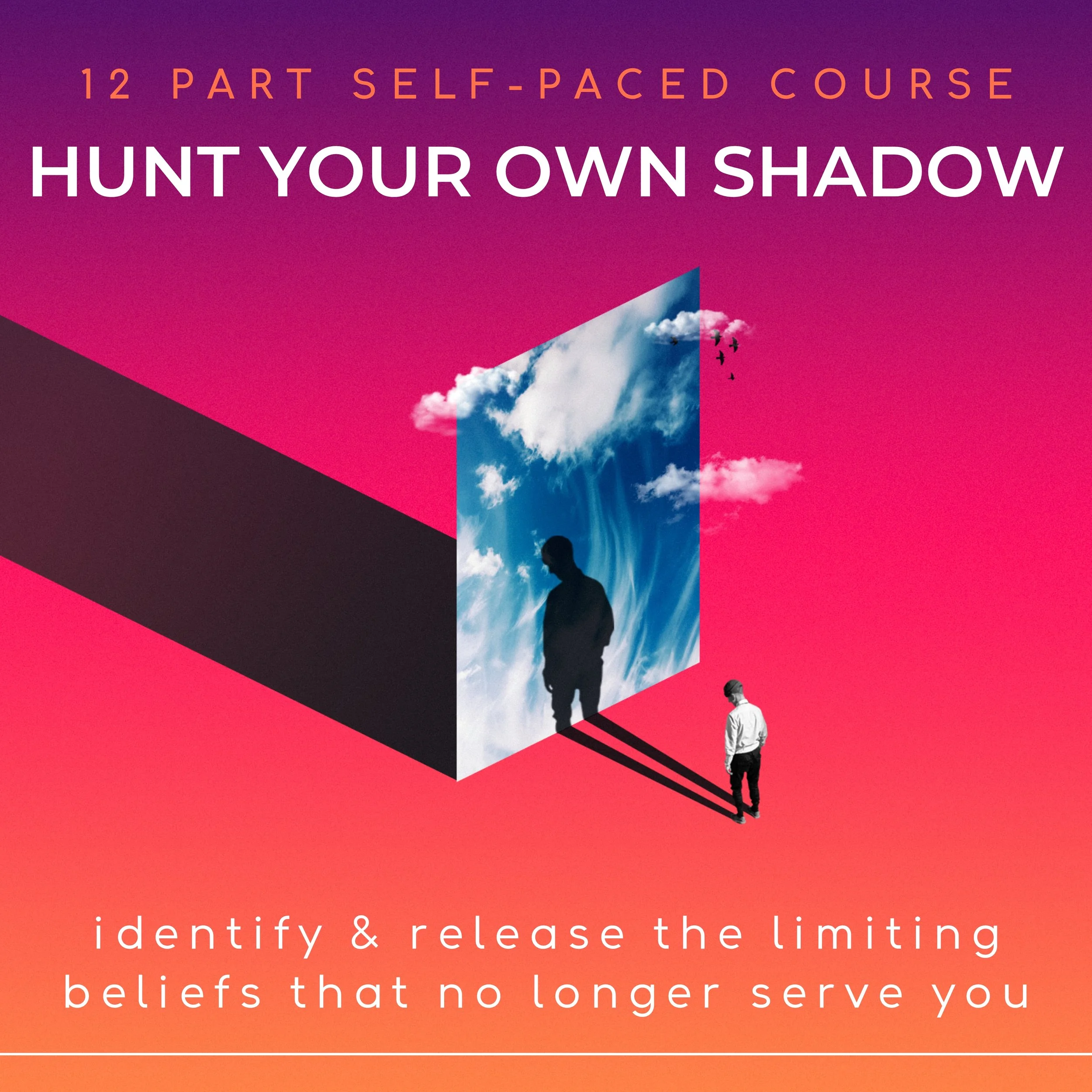Are You Manifesting Your Own Reality? | Ep 250
How much of our reality do we create? Not from a ‘woo woo’ sense, but as a function of the result of the interaction between our past and our particular genetic predispositions?
If we have faced significant life challenges, and have a fearful disposition, there is a chance that we will view the world and our future pessimistically.
Alternatively, if we have had success, and have a positive disposition, then more than likely we will approach the world with hope. Do you ever wonder; are you manifesting your own reality?
In this Reality Check Podcast episode I begin with my poem ‘Reflections Of The Self’, using it as a starting point for discussion and contemplation.
Click play below to listen or scroll down to read the transcript:
Reflections Of The Self
The world is a mirror to your soul,
Your happiness will be shown
On the faces of strangers,
Your fear will flicker in their eyes,
Your hope will express itself
In the poetry you read, as too will your ills.
The mirror rejects what you are not,
Thus the world will always be you,
In this way you are trapped,
Rejecting love when you need it most,
And the advice you most need to hear.
Yet you are not stagnant,
And neither is the mood of the world,
What happens in one, distorts the other,
Words can scratch, and actions can crack,
So keep a watch on its surface,
And a polishing rag in hand.
Realise that the mirror is in fact imperfect,
Subject to change, manipulation and control,
Those reflections are more than phantasms,
They have a force that can break.
So watch the mirror,
Be on guard against its influence,
But also influence your guard,
For your actions may inadvertently
Shatter someone’s soul.
Are you manifesting your own reality? Let’s dive into this a little bit.
There is a theory around psychology, the psychology of development, suggesting that we form an attachment with a primary caregiver. It is called Attachment Theory.
Now if you are blessed, if you are lucky, you may form a secure attachment.
This basically means that the primary caregiver, your mum, your dad, grandparent, or some other person in your life that raised you, was attentive, was caring, was themselves calm and collected.
They would not be perfect, no one ever is. But in general, you develop a secure attachment when the person that you're attaching to is themselves relatively equanimous and relatively stable.
When a young baby cries, these people will help them. They will preempt their needs, but not be overbearing. There's more to what it takes to develop a secure attachment, and it's a two-way street. The child and the caregiver both have to have certain characteristics and act in a certain way.
But for the purposes of this discussion, someone with a secure attachment will in general see the world in a certain way. They will be safely trusting of others. They will be more optimistic.
They will be in general calmer and less prone to mental illness.
To put it simply, these people will be, well, secure.
Attachment Theory and Trauma
On the other side of things is insecure attachment theory and trauma. Now once again, the theory of attachment goes quite deep, and this isn't the place to teach you the theory, but insecure attachment can be divided into many different subdivisions, all of which have different impacts upon the child.
But ultimately it is caused by a parent who is not attentive, or who is overbearing, or who is neurotic, or absent, or may not look after the child in the best way. Children with insecure attachments tend to be a bit more pessimistic, a bit more neurotic, a bit more avoidant, a bit more anxious.
They will tend to look at the world in a more pessimistic, negative, and well, insecure, way.
Now the reason I'm saying this is, the idea of this theory is, that these attachments will impact you for the rest of your life. Your primary attachment as a child will sort of mirror or reflect the attachments you get as an adult and throughout your life.
So hold on to the idea of attachment theory and let's just take it a little step further.
I've had some people in the classroom on Insight Timer talk about their experiences in response to certain questions from courses. And some of them will say, you know, my mum pushed me to think, act or believe a certain way about people. For example, my mum told me not to trust other people, to rely on myself.
Now if you were told that over and over again, that's going to sway your belief about people. It's going to subtly or perhaps overtly inform you that people may not be trustworthy, they might be dangerous.
So then you start to reflect that back, you start to push that to the external and you're a bit wary, your posture changes, you hold tension in your body. And the people you're interacting with will start to pick up upon that, and they get a bit wary, if you're wary, they're now wary. It's a feedback loop.
Whereas if someone was raised and shown and demonstrated that they could trust other people, that working together in groups was not only fine, but actually beneficial, how would that person approach the potential of someone helping them? How would that person approach the idea of giving and receiving help?
Hold that in your mind and let's add some more.
Negativity Begets Negativity
If someone is the victim of bullying, or abuse, or trauma, or any other sort of negative thing that's happened in their life, either caused by the world or caused by people, through no fault of their own, how are they going to view the world? Would they be more or less likely to trust people moving forward? Does negativity beget negativity?
And conversely, if someone was, quote unquote, lucky, good things happened to them, and they had caring connections with teachers or coaches or parents or grandparents, how are they going to look at the world moving forwards?
So taking all of that in, boarding all of that together, part of me and the sort of the point of this talk is to highlight the potential that we're trapping ourselves in the echo chambers of our past.
And I'm speaking from experience. I moved out of home at 16. I moved out of home and ran.
I ran from the things happening in reality, and then I ran from my mind and the things that I remembered. And when I would see other people, I would see the same potential in them that I saw in the things I was running from.
So what does that mean? What does that leave me with? Where do I end up?
Well, for quite some time, I ended up alone, and I would see other people connecting, growing, working together, and I felt different, and only just recently did I realise that perhaps, perhaps just maybe, I have a jaded, pessimistic, insecure attachment and way of looking at the world.
Because now I recognise that my past, my attachment, the things happened to me, is reverberating into the future, into my future, into my present. And when someone with a past, with an attachment, like mine sees an ambiguous face, what are we more likely to assume, what are we more likely to think, about ambiguity?
Reframing Ambiguity
Reframing ambiguity is possible. If past ambiguity hid danger, we may assume the current ambiguity also hides danger. It's a safety mechanism, it's a defence mechanism. So we take action, we move away, we run, we hide, we put up our defences, thus perpetuating our feelings of being alone - in this way we are manifesting our own reality.
We don't give ourselves a chance to prove it wrong. We don't give ourselves a chance to prove that this ambiguous person is safe. Because we've learnt not to.
Whereas the other person, now obviously we're playing in general sort of broad strokes here, but that other person, the person with the better life, the securely attached person. The positive person, the one that has learnt throughout their life that people are safe and to trust them, that person sees the same ambiguity and believes it's positive, believes that the other person is at worst neutral.
Because they've learnt, they've experienced, their memory of other ambiguity is of safety and of potential. Because that's what's happened.
Now, it gets worse, or better, depending on your position. Because even when you find contradictory evidence, it can be very, very hard to unpick the impact of attachment. Because it was sort of instilled into us super, super early. You know, pre-memory, baby, infant, toddler.
And you know, our memories of our past events happened prior, so we're sort of leaning on that to guide us. Which informs our intuition in a sense. So even if there are contradictory bits of evidence, it can be hard to overcome our conditioning.
Touch a hot stove, you realize it's hot, you pull your hand away, you're burnt, you learn. It's very hard to overcome that conditioning, why would you? Well, recognizing all of this, I've started to realize that I do need to work some of this back.
Because the truth of the matter is that it's neither good nor bad. Some people are untrustworthy, some people are scary, some people are dangerous, that is true. But also, it is true that some people are safe, some people are friendly, some people are benevolent, some people are kind, and most people are somewhere in between.
So when I look at myself in the mirror, when I see myself, I start thinking, okay, what is the reality of the situation here? What is actually happening? What is the truth of the moment versus my feelings? Let's just be aware of what arises in my mind.
And the more we practice meditation and mindfulness and all of these things, the more we start to see our thoughts in real time and the paths we might fall into, the more we can recognize if we are unfairly judging the present moment by the past.
Am I judging myself unfairly? Am I judging the past unfairly? Maybe. Maybe the past was what it was, but I'm most certainly judging the present unfairly. And the people in the present unfairly, right?
So what I do now is I do my best to recognize when I'm judging neutral as negative, when I'm judging ambiguity as negative, and I do my best to recognize the things that I'm facing, the things that I'm dealing with, the things that are running through my mind.
I do my best to recognize them and see my inner biases and just challenge them a little bit by mindfulness but also by logic. I like to play the game of the benefit of the doubt. If there is ambiguity, if there is neutrality, I will just assume the person is being kind and polite. Because 99% of the time, they are, or at worst, it is just neutral.
The World Is A Mirror
The world is a mirror to your soul… If I just assume they've got my best interests at heart, I just assume positivity, if I just believe that, then I'm now open to them being positive. But if I put up this defensive front, if I put up this block, chances are, they're going to see that and put up the block themselves, and that potential neutral or ambiguity may turn toxic. I'm missing the opportunity here.
But if I assume positivity, then I approach that person with a smile, then I approach that interaction with positivity, then I approach that interaction with potential for connection. Then that person sees it. And oftentimes when I put this into practice, good things happen.
Because I've tried both, right? I've tried both. I assume negativity, my body posture changes, they read that body posture change, and we have this sort of short, not so pleasant interaction. But I open myself up, smile, acknowledge the things going on in my mind, walk forward and embrace the moment with positivity and hope. Good things happen.
Because, well,
The world is a mirror to your soul,
Your happiness will be shown
On the faces of strangers,
Your fear will flicker in their eyes,
Your hope will express itself
In the poetry you read, as too will your ills.
The mirror rejects what you are not,
Thus the world will always be you,
In this way you are trapped,
Rejecting love when you need it most,
And the advice you most need to hear.
Yet you are not stagnant,
And neither is the mood of the world,
What happens in one, distorts the other,
Words can scratch, and actions can crack,
So keep a watch on its surface,
And a polishing rag in hand.
Realise that the mirror is in fact imperfect,
Subject to change, manipulation and control,
Those reflections are more than phantasms,
They have a force that can break.
So watch the mirror,
Be on guard against its influence,
But also influence your guard,
For your actions may inadvertently
Shatter someone’s soul.
If this episode has resonated with you, I would love your support.
Click here to find out more about my 1:1 coaching & counselling sessions.
Read next:
Life Sucks When Your Expectations Are Not Met
Fuck Capitalism, Do Art
Stuck Inside My Mind
Give The Gift Of Presence - Guided Meditation
The poem featured in this post was from: Reflections of the Self out now: eBook, Paperback, Hardcover & Audio
Your shadow is the gateway to a more authentic you.
This course is your guide to profound inner work. Through powerful insights, guided prompts, and proven techniques, you'll navigate your shadow, heal unresolved wounds, and reintegrate the parts of yourself you’ve long ignored.
What’s Inside:
12 x Guided Meditation & Contemplations
12 x Introspective Prompts
12 x Expansion Challenges
A comprehensive instructional PDF guidebook
Unlimited email coaching for ongoing support and personalized guidance
Explore full course details and watch intro video here!
This isn’t just about healing, it’s about meeting your shadow head-on, embracing every part of yourself, and reclaiming your full power.
Are you ready to face what’s been hidden and step into your truth?





